Empower Student Voice, Views and Perspectives with StoryTelling Done Digitally
,
Marriott Rivercenter - Grand Ballroom ABF
Session description
Outline
Forum List of Presentations with Descriptions Here:
https://tinyurl.com/DSForum25
Quick Look Promo Here: https://tinyurl.com/DSForum25Promo
Quick Look List of Presentations Below:
Using Digital Storytelling Projects as Authentic Assessment Michael Hernandez
Podcasts to Reshape Student Voice William Watts and Daniel Nemerow
Words Have Power: Two Great Narrative Movie Making Projects Jessica Pack and Georgia Telaje
Create a “Harry Potter” Immersive Newspaper Jaime Donally
Amplifying Student Voices: The TedTalk Revolution Shana Sabourin
Once Upon AI Laurie Guyon
Crafting the Choose Your Own Adventure Story for Engagement and Learning Mary Townsend
Stories That Stick: Bringing Student Writing to Life Greta Sandler
Spatial StoryTelling with Immersive Experiences Tom Baker
Circle of Knowledge: Using Multiple Points of View to Tell the Story Gwynn Moore
From Idea to Impact: Crafting Purposeful Public Service Announcements Debbie Bohanan and Danielle Abernethy
Power of StoryBoard to Create the Imagery of their Vision: Move Student Voice from Writer to Director Julie Jaeger
Gallery Walk of StoryTelling Steps, PD Videos, Task Card Activity ……AND
2 Amazing Activities you can do with your students by Lindsay Foster
Task Card Activity: Gallery Walk the Plank and
Fairy Tale Foundations: A LEGO Setting Design & Digital Narrative Adventure.
We will begin with an Introduction of Topic, Presenter introductions and the integration they will be introducing, and provide attendees the Agenda and rotation Process as well as access to all session resources. (15 - 20 min)
Attendees will then move to topics of their choice to engage in one to one conversations and learn from our amazing presenters. Attendees will have about 20+min with each presenter, then move to another topic area the is of most interest to them.
Topics will include a variety of Genre and Formats for Digital StoryTelling such as: Movie Making, Podcast, Docudramas, StoryBoarding, Book Trailers and PSA, AR/VR, and more. Some topics will be determined based on the experts available to present.
Depending on whether or not it is a 2 hr or 3 hr Forum, participants may not see all presentations but will work with at least 4-5 presenters, actively going through their interactive sessions.
Attendees will receive resources for all presenters's sessions and we will do our best to provide a recording of each session presented as part of the final resource doc.
Final 5-10 min for questions and wrap up and thank you to presenters. .
Supporting research
Bernajean Porter: The Art of Digital StoryTelling www.digitales.us "Digital Storytelling Across the Curriculum | Creative Educator." 2008. 27 Sep. 2015
The Power of Digital Storytelling to Support Teaching and Learning, Bernard R. Robin, University of Houston, USA, Digital Education Review - Number 30, December 2016- http://greav.ub.edu/der/ https://files.eric.ed.gov/fulltext/EJ1125504.pdf
Educational Uses of Digital StoryTelling, Bernard Robin, Ph.D.. University of Houston, College of Education https://digitalstorytelling.coe.uh.edu/page.cfm?id=27&cid=27&sublinkid=30
The Power of Storytelling and How it Affects Your Brain, by Micheal Heffernen, Feb 23, 2017, https://talesfortadpoles.ie/blogs/news/the-power-of-storytelling-and-how-it-affects-your-brain
Ohler, Jason B. Digital storytelling in the classroom: New media pathways to literacy, learning, and creativity. Corwin Press, 2013 Sessoms, Diallo, “Stories keep memories alive. Your life stories as well as your family’s stories about he most memorable life experiences are worth preserving.”
Paige Baggett: Educational Uses of Digital StoryTelling http://digitalstorytelling.coe.uh.edu/view_story.cfm?vid=318&otherid=featured&d_title=Featured%20Digital%20Stories When students are engaged in the process of creating a digital story, they must synthesize a variety of literacy skills for hte authentic product: researching, writing, organizing, presenting, interviewing, problem-solvin, assessing, as well as employ8ing interpersonal and technology skills.
Merilee Sprenger: How to Teach so Students Remember Brain research shows us that learning needs connections, memories, something to stick to. Stories create memories and connections that influence memory. ....understanding of the brain structures that influence memory, and learn how teachers can promote better recall for daily classroom learning, high-stakes tests, and beyond.
Top three levels of Benjamin Blooms Taxonomy revised (Anderson, Krathwohl 2001) look at elevated thinking as analyzing, evaluating and creating which are essential parts of the decision making StoryBoard Phase of the Digital StoryTelling process. Use of verbs instead of nouns puts Blooms into action which is exactly what the Storyboard is...the action and planning behind the product.
Anderson/Krathwohl The Second Principal http://thesecondprinciple.com/teaching-essentials/beyond-bloom-cognitive-taxonomy-revised/ Krathwohl
A Revision of Blooms http://www.unco.edu/cetl/sir/stating_outcome/documents/krathwohl.pdf. (Zak, Why Your Brain Loves a Good Story 2014)
Digital StoryTelling requires intention and meaning making. Understanding the essence of story and its ability to make meaning happen for all is at the heart of Digital StoryTelling. The media is not what is important...the story is!! “If you can harness imagination and the principles of a well-told story, then you get people rising to their feet amid thunderous applause instead of yawning and ignoring you.” (Harvard Business Review, Storytelling That Moves People, Fryer, 2003
Presenters
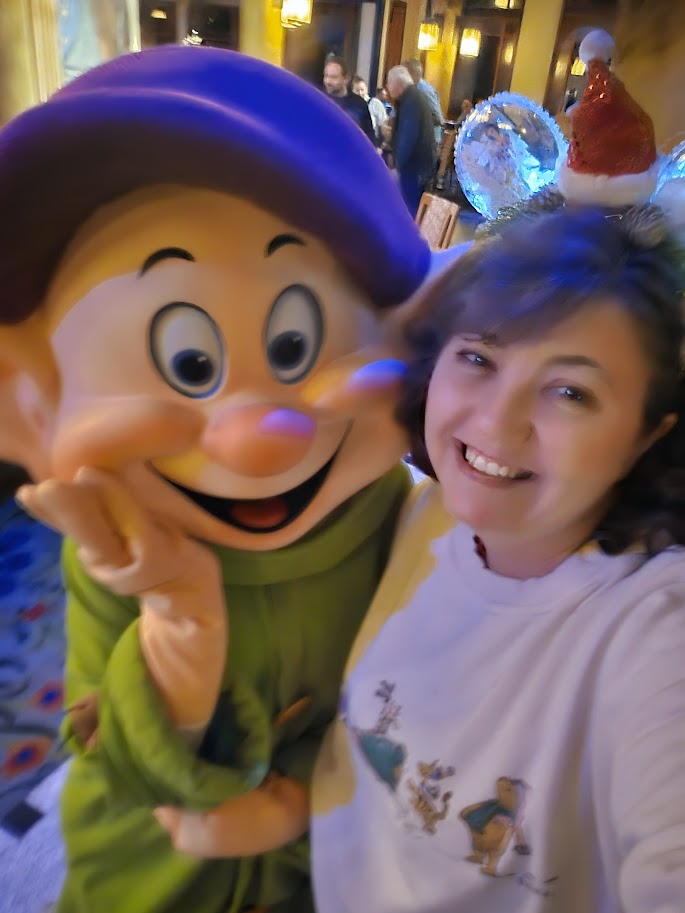

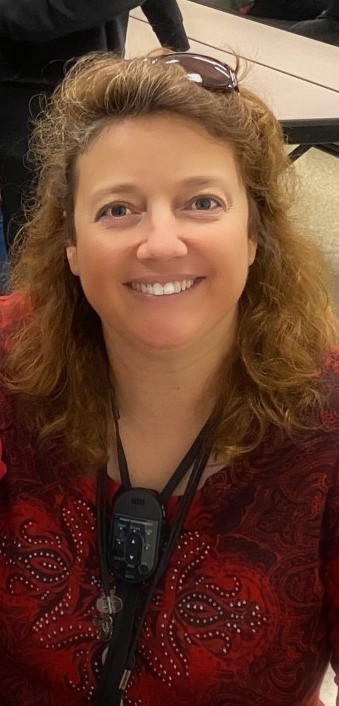
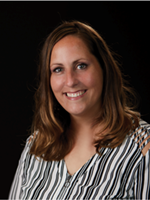
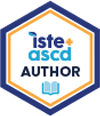
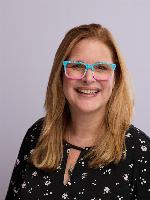



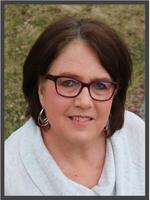
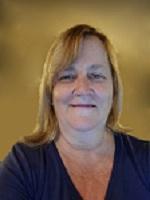


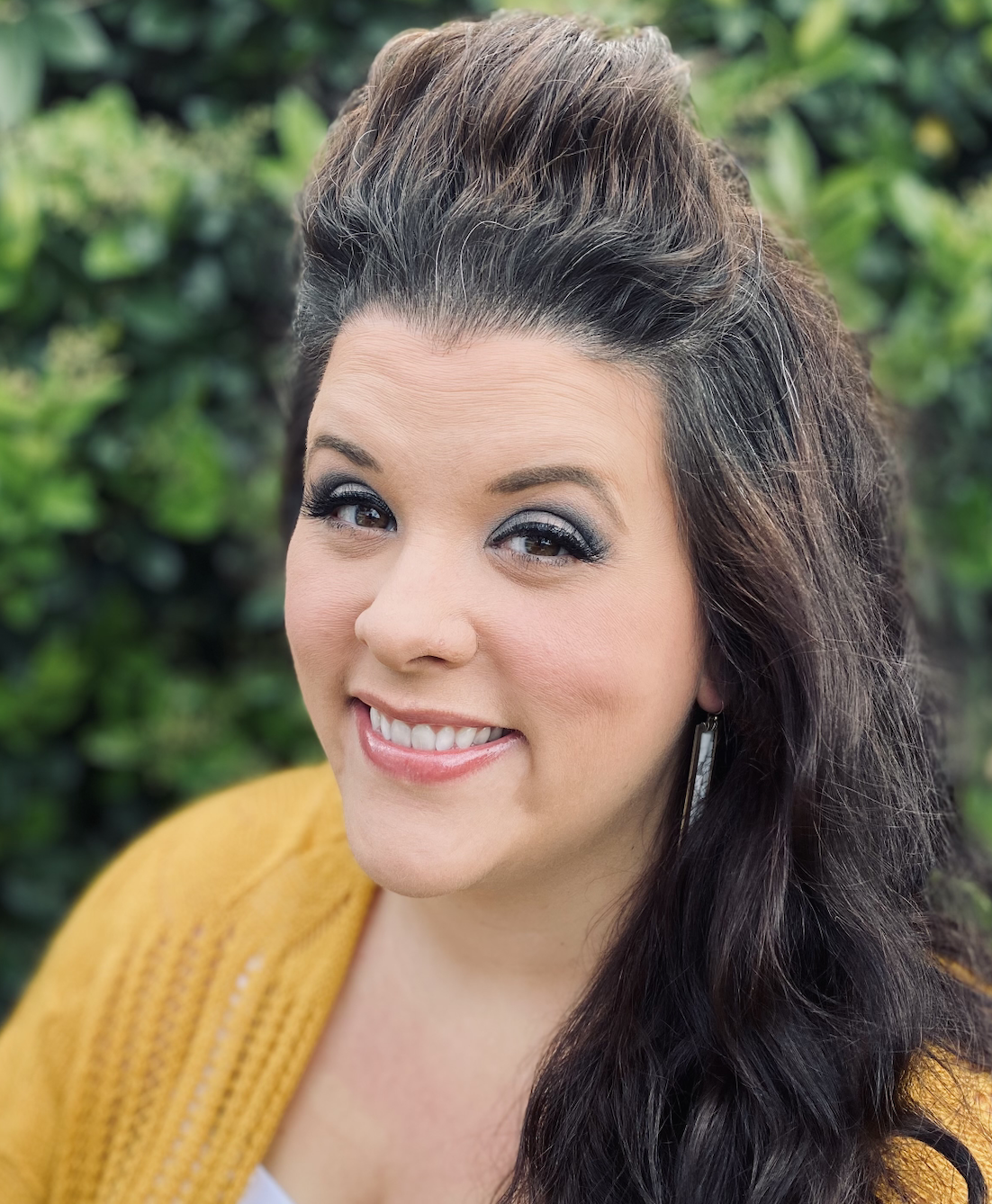




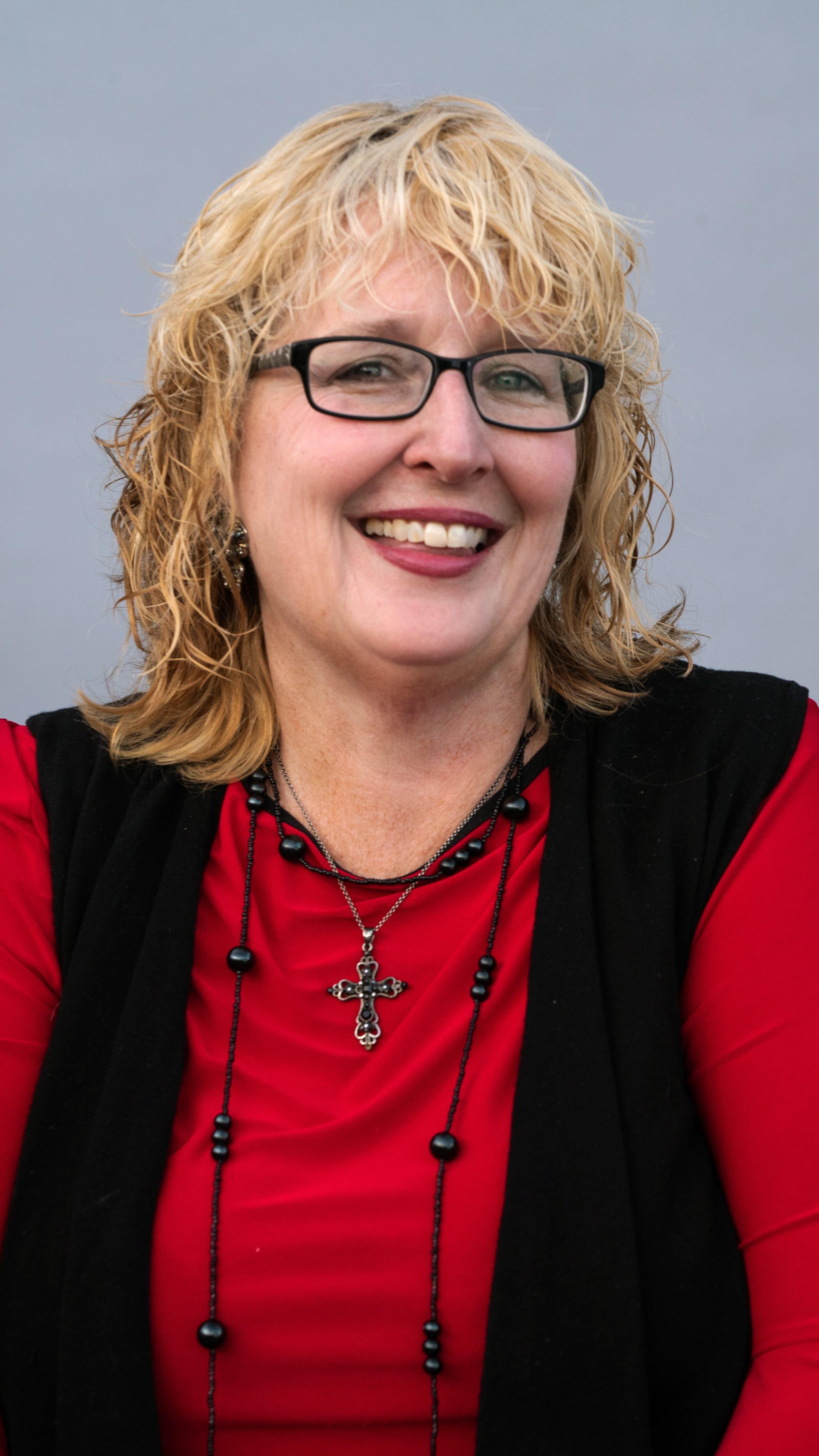
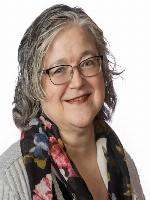

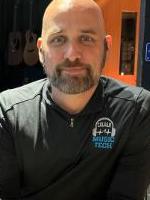
Session specifications
Topic:
Grade level:
Audience:
Attendee devices:
Attendee device specification:
Laptop: Chromebook, Mac, PC
Tablet: Android, iOS, Windows
Participant accounts, software and other materials:
There are no account, software or other requirements to participate in the forum. Each presenter will provide recommendations which will be part of the resource document.
Numerous apps and links will be provided during the forum.
Subject area:
ISTE Standards:
Facilitator
- Model and nurture creativity and creative expression to communicate ideas, knowledge or connections.
Creative Communicator
- Choose the appropriate platforms and digital tools for meeting the desired objectives of their creation or communication.
- Create original works or responsibly repurpose or remix digital resources into new creations.

 Back
Back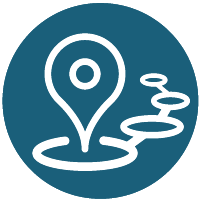 Trips and Tours
Trips and Tours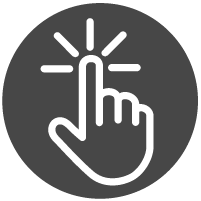 Preregistration Required
Preregistration Required